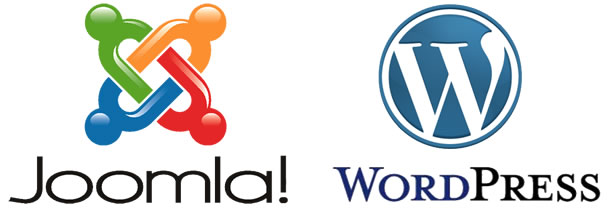How do Joomla and WordPress compare

Joomla and WordPress are both popular content management systems (CMS) that are widely used for building and managing websites. While they share some similarities, there are also significant differences between the two platforms. Here's a comparison of Joomla and WordPress based on various aspects:
1. Ease of Use: WordPress is generally considered more user-friendly and easier to learn, especially for beginners. It has a straightforward interface and intuitive dashboard, making it relatively simple to create and manage content. Joomla, on the other hand, has a steeper learning curve and may require some technical knowledge to navigate and customize.
2. Flexibility: Joomla offers a higher degree of flexibility and customization options. It provides a robust framework that allows for the creation of complex websites and applications. WordPress, while not as flexible as Joomla, excels in its extensive plugin and theme ecosystem, which makes it easy to extend and customize the functionality and appearance of a website.
3. Content Management: Both Joomla and WordPress excel in content management capabilities. Joomla offers more advanced content management features out of the box, with support for hierarchical article structures and multi-language content. WordPress focuses on simplicity and provides an intuitive editor for creating and organizing content.
4. Extensions and Themes: WordPress has a vast collection of plugins and themes available in its official repository and third-party marketplaces. This extensive ecosystem allows users to easily add functionality and change the design of their websites. Joomla also has a range of extensions and templates available, but the selection is relatively smaller compared to WordPress.
5. Community and Support: Both Joomla and WordPress have active and supportive communities. WordPress has a larger user base and an extensive online community, which means there are more resources, tutorials, and support available. Joomla also has an active community, but it may be slightly smaller in comparison.
6. Security: Both platforms take security seriously, but WordPress has historically faced more security vulnerabilities due to its popularity. However, with regular updates and the use of security plugins, WordPress can be made secure. Joomla is known for its strong security features and its architecture is designed with security in mind.
Ultimately, the choice between Joomla and WordPress depends on your specific needs and preferences. WordPress is ideal for simple to moderately complex websites, while Joomla is better suited for larger, more intricate projects requiring high flexibility and advanced content management capabilities.
We have been providing service and support for both CMS platforms since 2003, ensuring your website receives expert assistance and maintenance.
To receive a complimentary consultation regarding the most suitable CMS platform for your project, kindly reach out to us by leaving a message below.

